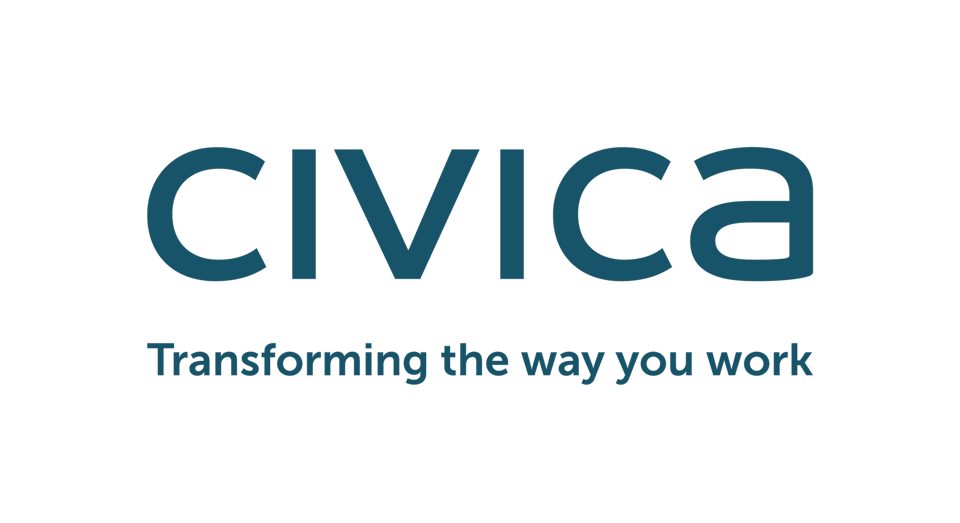A new report by Civica has found that 48% of public sector transport leaders are willing to embrace commercialisation to help survive budget cuts.
Commercialisation can take a number of forms, from establishing partnerships with commercial organisations, to public sector organisations setting up independent, autonomous profit-making companies.
The research, which forms part of Civica’s Commercialising Public Sector Transport Operations report.
While some public sector fleets support the move to commercialisation, an overwhelming 73% of the public sector transport leaders surveyed said that they had no or limited commercial experience.
However, lack of education isn’t the only barrier, Civica said there also needs to be a wholescale change in culture.
For example, while many in the sector recognise the need to adopt commercialisation, 62% said that they are too focused on keeping services running to think about new models.
Matt Goodstadt, managing director transport, Civica, said: “Transport is often seen as a cost to the organisation, but many frontline services depend on it.
“Through commercialisation, transport departments can generate significant revenue which can positively impact the entire organisation as well as protect frontline services, and even encourage further investment.”
The report details the following three approaches to drive change:
- Challenge the culture: With any change programme it’s essential to win the hearts and minds of employees. 54% of respondents accept that employee buy-in and support for change will be crucial
- Grow commercial capability: Identify which services will deliver new income streams. Review if current business models and infrastructure can support delivery of new services. Access existing skills and look to train or recruit people with commercial experience
- Deliver pioneering services: While many transport providers have already implemented cost cutting measures, the forum agreed they need to review how they can utilise existing resources and assets to generate income while maintaining frontline services

















Login to comment
Comments
No comments have been made yet.